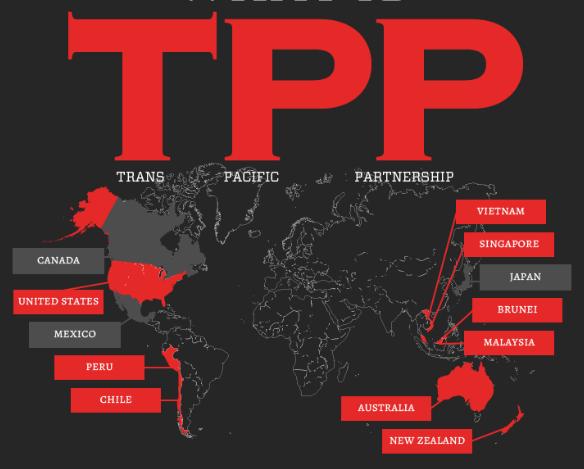There are many excellent arguments against the Trans-Pacific Partnership (TPP), two of which — local zoning over-rides, and loss of national sovereignty — I’ll briefly review as stepping stones to the main topic of the post: Absolutist Capitalism, for which I make two claims:
1) The TPP implies a form of absolute rule, a tyranny as James Madison would have understood the term, and
2) The TPP enshrines capitalization as a principle of jurisprudence.
Zoning over-rides and lost of national sovereignty may seem controversial to the political class, but these two last points may seem controversial even to NC readers. However, I hope to show both points follow easily from the arguments with which we are already familiar. Both flow from the Investor-State Dispute Settlement (ISDS) mechanism, of which I will now give two examples.
TPP’s ISDS and Local Zoning
I’m starting with local zoning because I think it’s an issue where “strange bedfellows” on left and right can work together (and so letter writing campaigns and visits to Congressional offices can be organized accordingly). I think it will be very hard to find find a constituency for a foreign corporation determining local land use, and easy to find constituencies against it.
Ben Ross wrote in Naked Capitalism:

